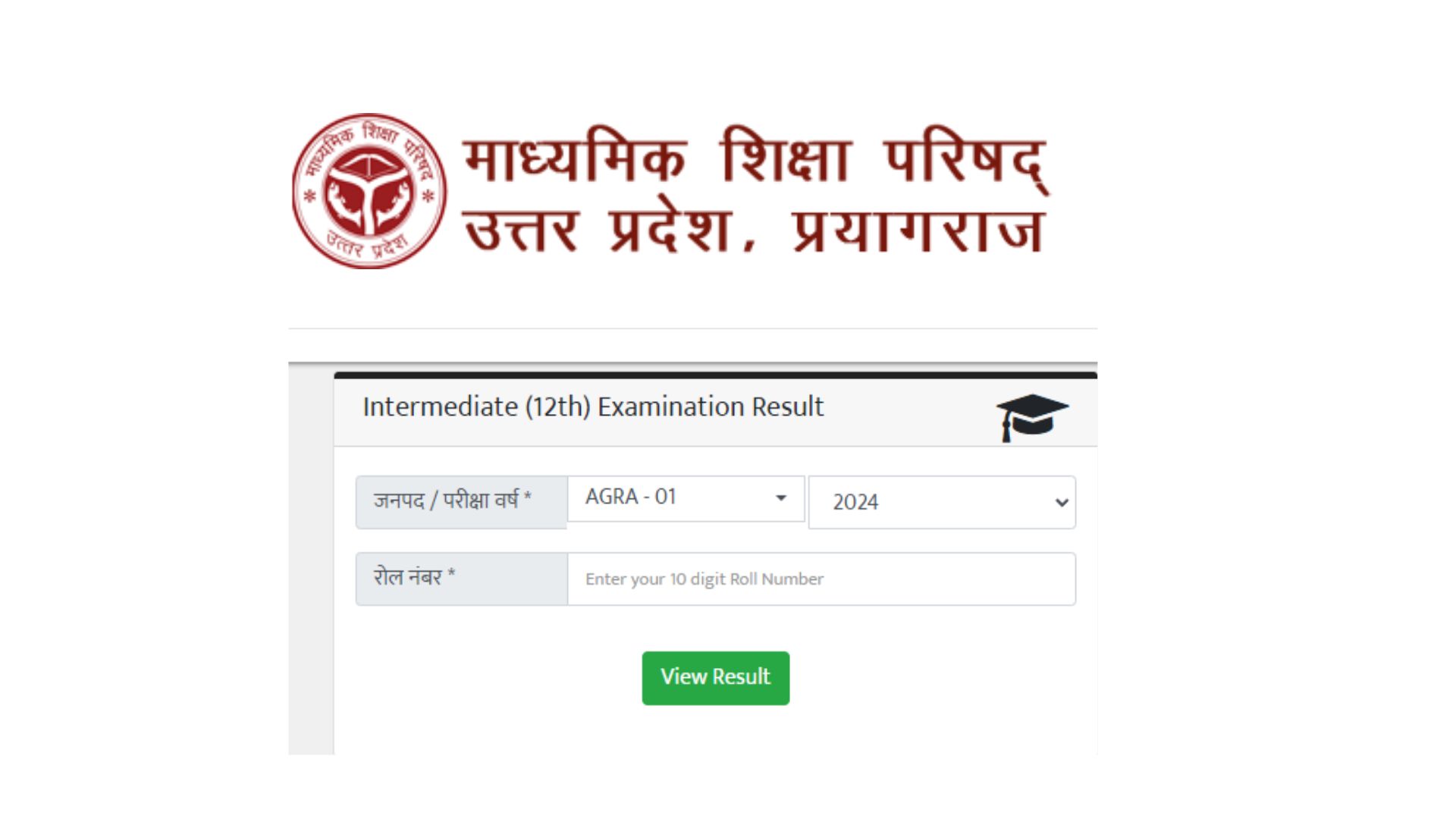


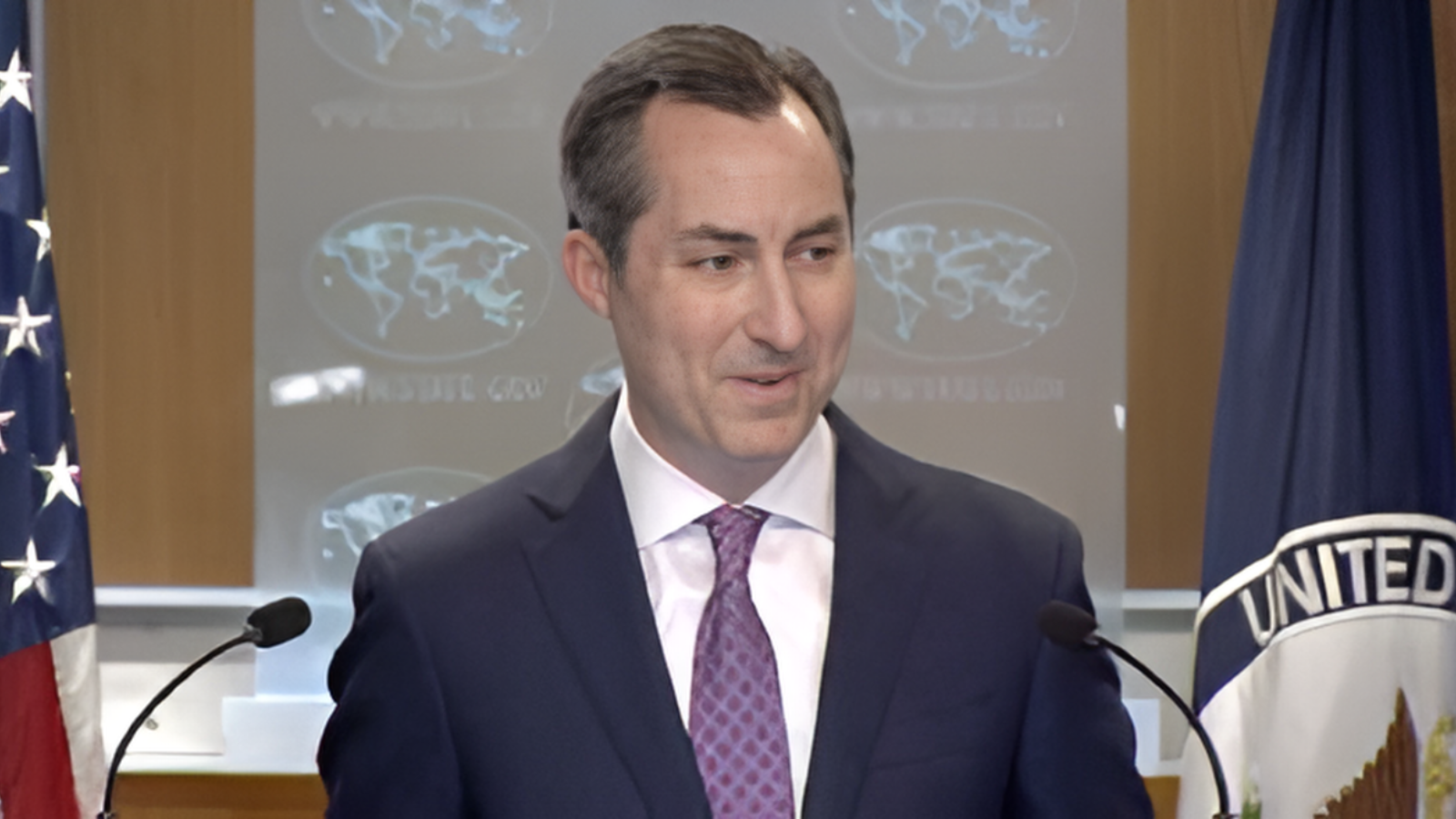
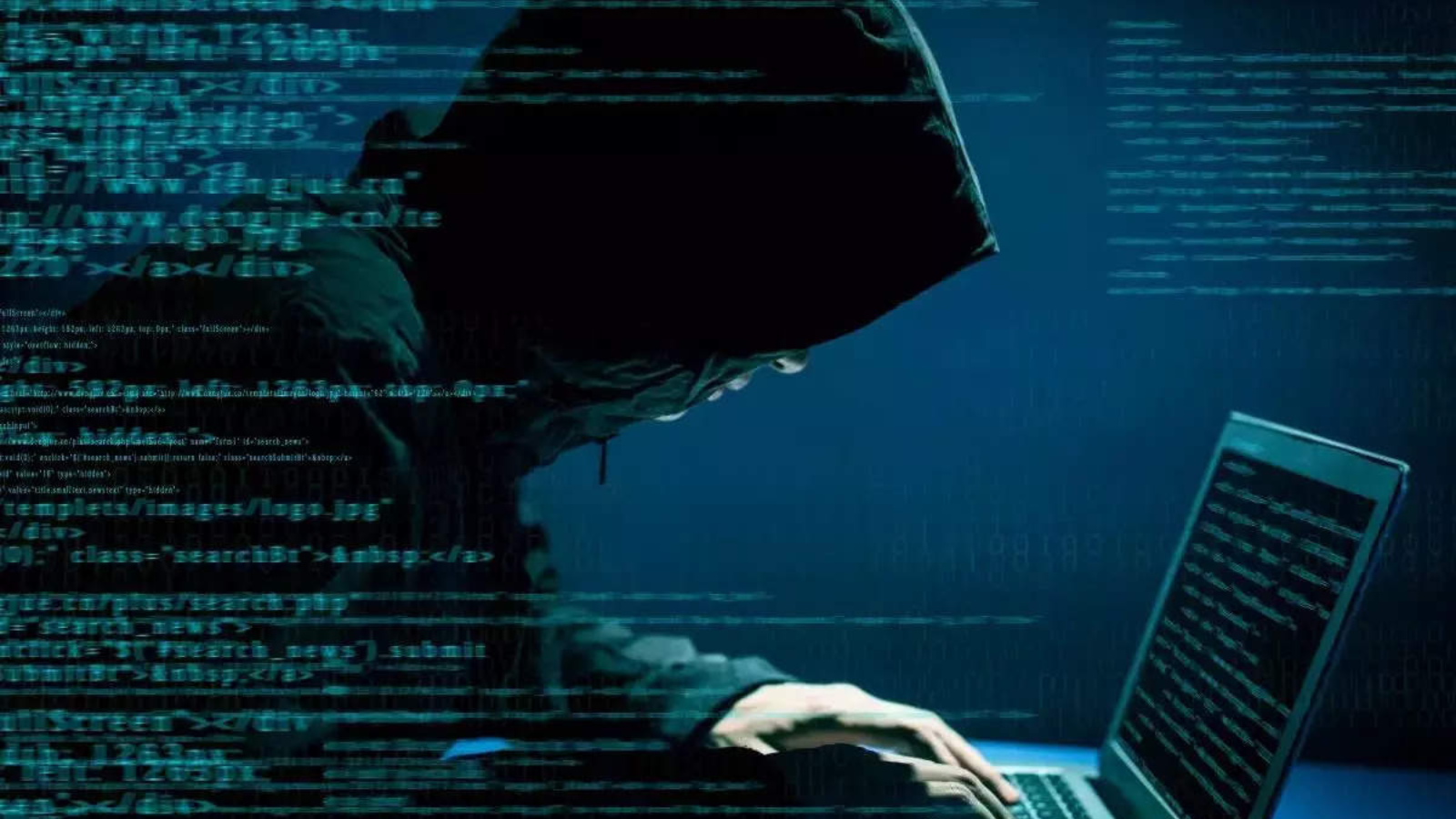

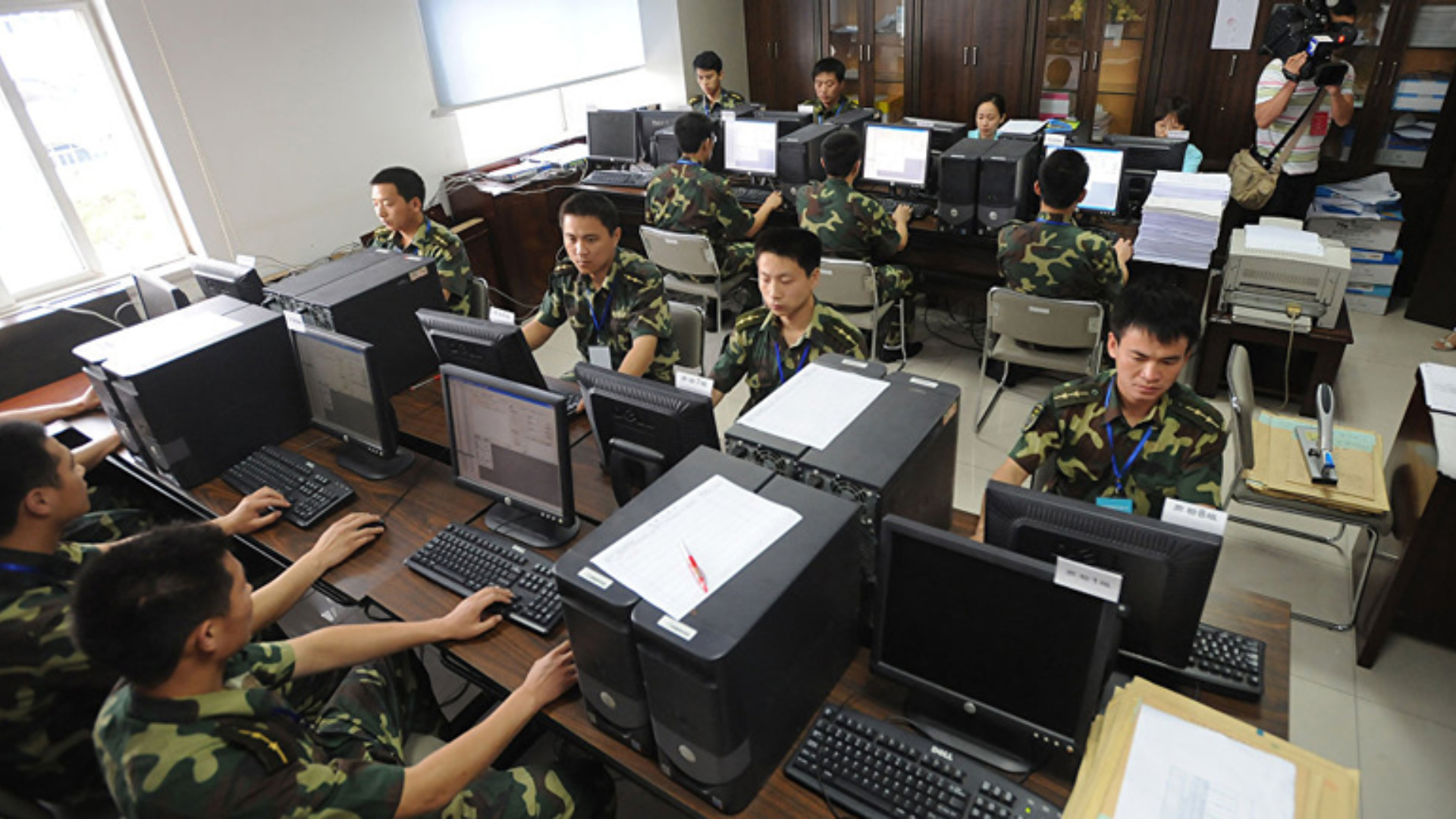



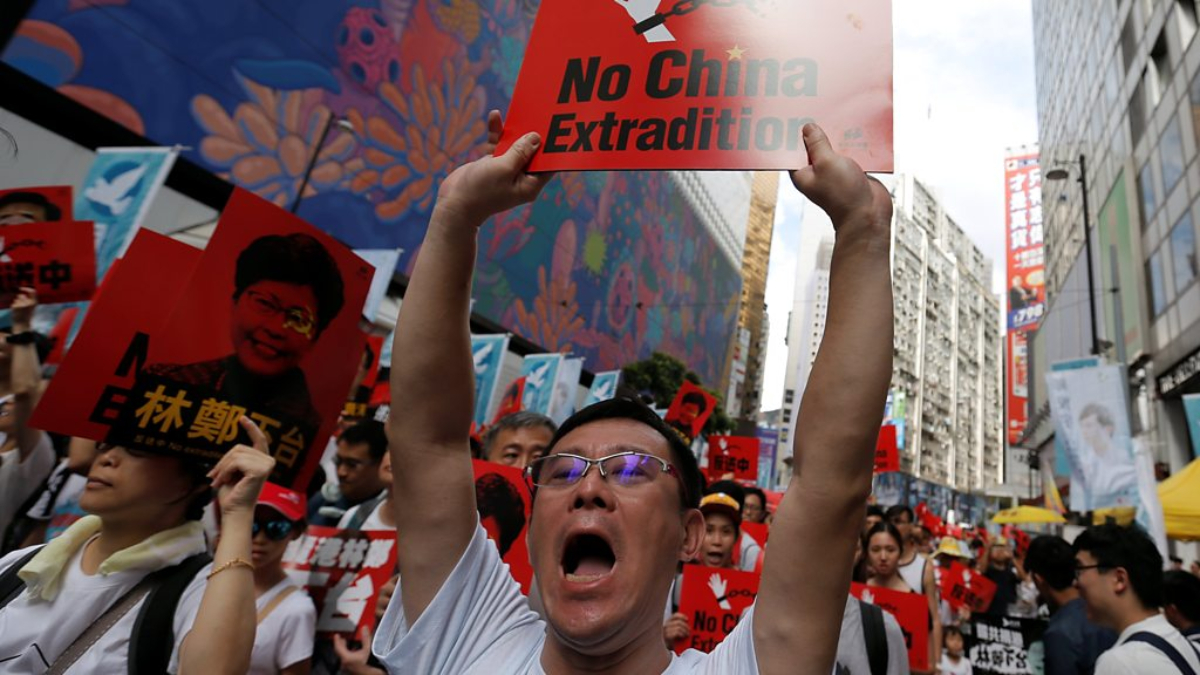
China’s top legislative body has begun drafting a national security law for Hong Kong that critics say will undermine the semi-autonomous territory’s legal and political institutions.
A draft law on safeguarding national security in the Hong Kong Special Administrative Region (HKSAR) was submitted to the country’s Standing Committee of the National People’s Congress for deliberation on Thursday, Xinhua news agency reported.
The law covers four categories of crimes: succession, subversion of state power, local terrorist activities and collaborating with foreign or external foreign forces to endanger national security.
No details on the definitions of those crimes or the applicable punishments were given. It was not clear either whether the law would be passed during the current three-day session of the committee, which is scheduled to end on Saturday.
Also read: Nepal president gives nod to controversial bill on new map
Also read: Pentagon accuses China of using Covid-19 as a way to exploit economic warfare
“With hostile forces in and outside of Hong Kong colluding with each other in recent years, the absence of relevant legal system and enforcement mechanisms on safeguarding national security in the [Hong Kong Special Administrative Region] has created major risks for China’s national security,” Xinhua said.
Li Zhanshu, the governing Communist Party’s third-ranking official and head of the National People’s Congress, was presiding over the meeting of the Standing Committee, which handles most legislative tasks in between the annual sessions of the full, and largely ceremonial, congress.
As per Al Jazeera’s reports, legal experts have opined that Beijing’s justifications for the law are debatable, and critics have said it will destroy the “one country, two systems” principle under which Hong Kong has been governed since its return to China in 1997.
China acted following widespread and sometimes violent pro-democracy protests in the territory last year that began when the administration tried to push through a bill that would have allowed people to be extradited to mainland China for trial. Beijing sees the rallies, which were reignited by the national security legislation, as an attempt to split Hong Kong from the rest of the country.
The United States has said that of the law is passed it will revoke some of the special privileges it grants to the former British colony. The UK has said it will offer passports and a path to citizenship to as many as three million Hong Kong residents.
On Wednesday, the G7 leading economies expressed its “grave concern” about the legislation stressing that it would breach Beijing’s international commitments as well as the territory’s constitution.
Beijing has however denounced the criticism as interference in its internal affairs.
Also read: Australian govt, private sector hit by major cyberattack, PM speculates “state-based actor”






